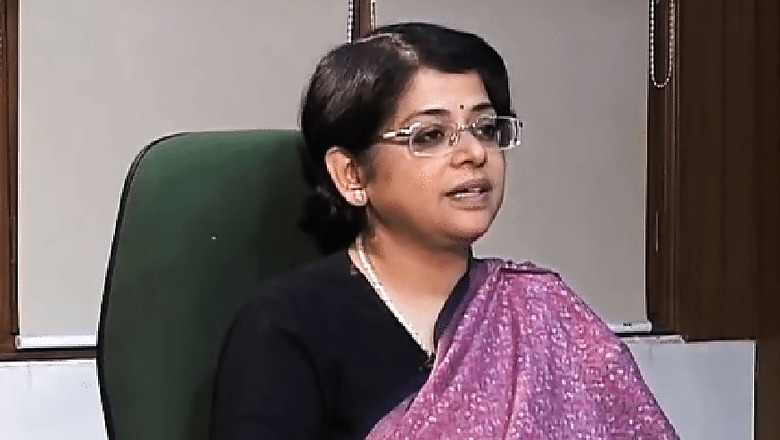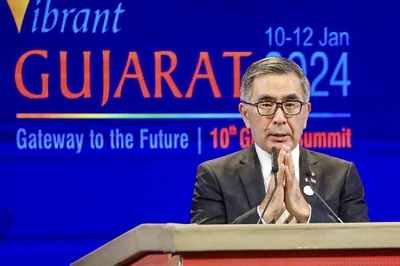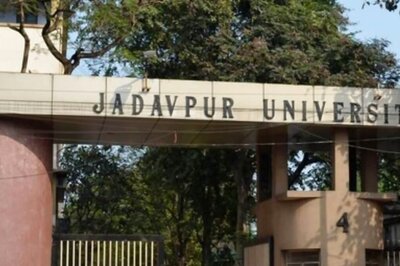
views
New Delhi: The central government has cleared the appointment of senior advocate Indu Malhotra as a judge in the Supreme Court. The appointment has come through three months after her name was recommended by the Supreme Court Collegium.
Malhotra will become the first woman lawyer to be elevated directly as a judge in the top court.
On April 22, CNN-News18 had first reported about the government finally acting upon the Collegium's recommendation and processing her file.
It was then forwarded by the Law Ministry to the Intelligence Bureau (IB) for verifying her credentials, professional competence and provide inputs on other pertinent aspects before clearing the name.
According to the sources in the Ministry, the IB sent back the file earlier this week, and the Ministry has put its stamp of approval after a nod from the Prime Minister's Office.
However, another name recommended by the Collegium along with Malhotra is still stuck in a limbo.
The government has opted to segregate the name of Uttarakhand High Court chief justice KM Joseph and cleared only Malhotra for appointment as judges in the top court.
Justice Joseph's file is still under consideration by the Law Ministry and there is no further movement in his case.
The decision to segregate the name was taken after the Law Ministry, sources said, arrived at a conclusion that the present was a case distinguished from an earlier instance when a former CJI had asked government not to segregate names sent by the Collegium.
Supreme Court judge Kurian Joseph, in his letter addressed to Chief Justice of India Dipak Misra, had recently questioned the government's intent behind sitting over the recommendations.
In his letter dated April 9, Justice Joseph had cautioned the CJI that "dignity, honour and respect of this institution is going down day by day" because of the judiciary's inability to get judges appointed.
In February, most senior judge J Chelameswar had also criticised the government over stalling judicial appointments.
"For some time, our unhappy experience has been that the Government’s accepting our recommendations is an exception and sitting on them is the norm. Inconvenient but able judges or judges to be are being bypassed through this route,” the judge wrote to the CJI.




















Comments
0 comment